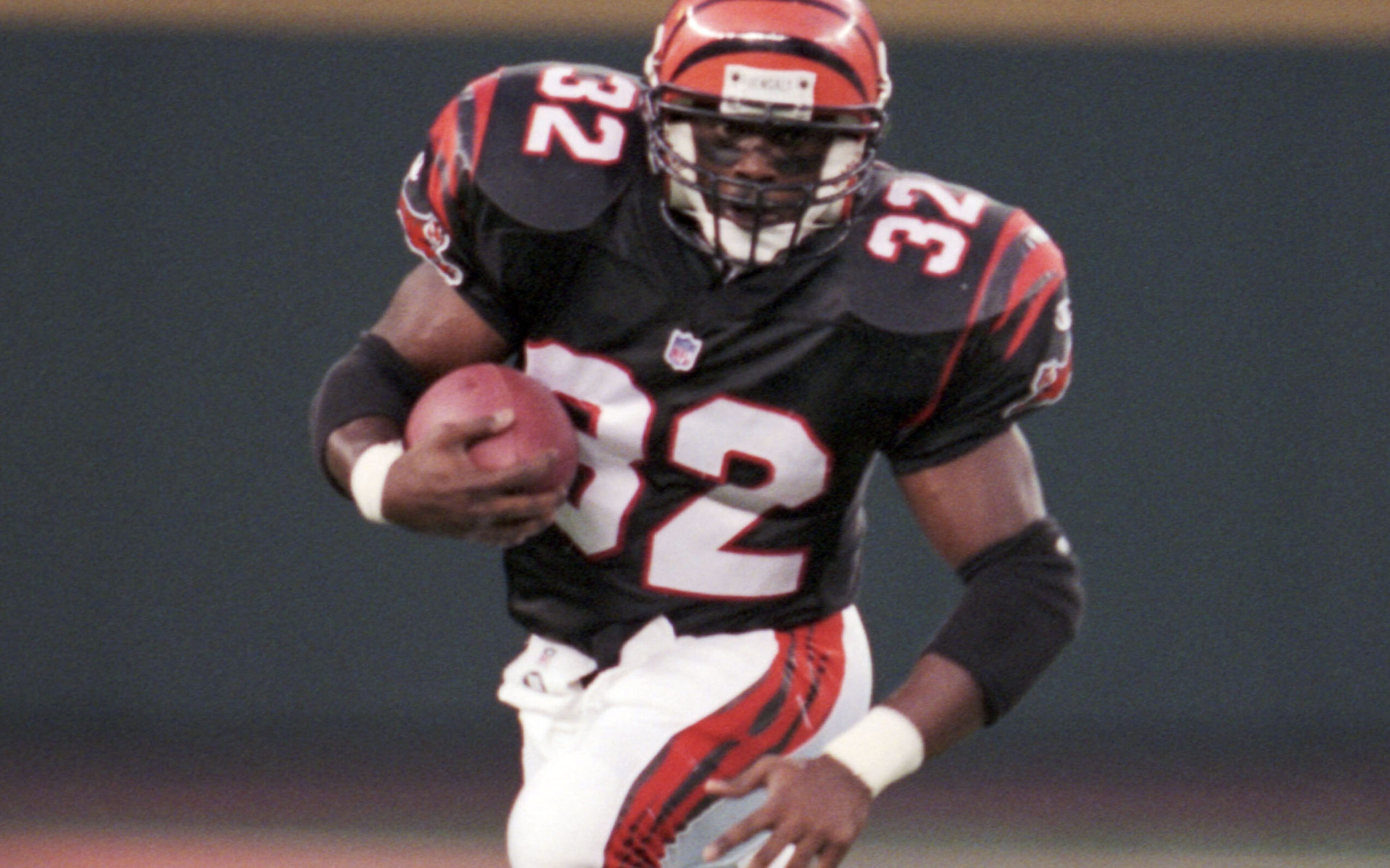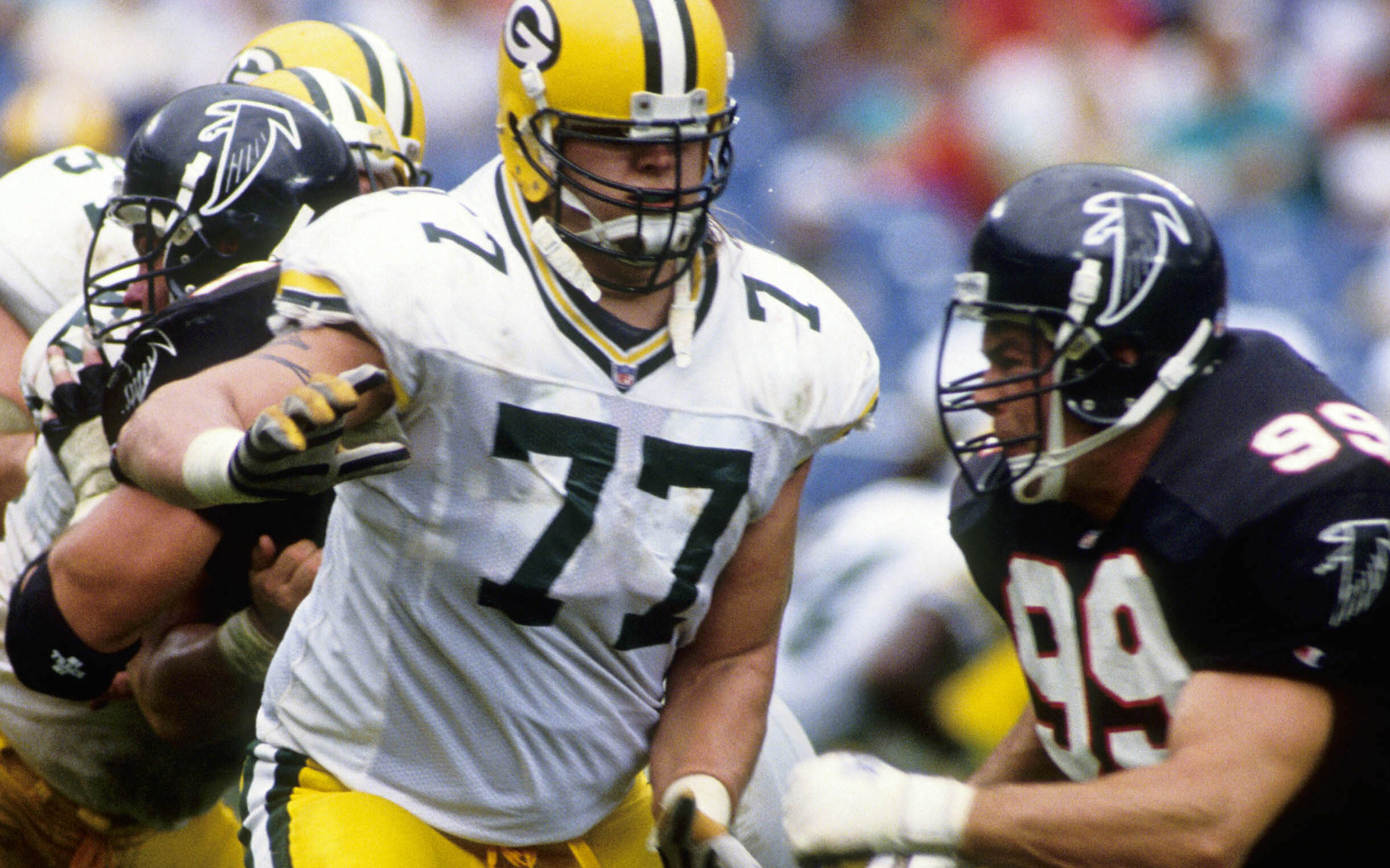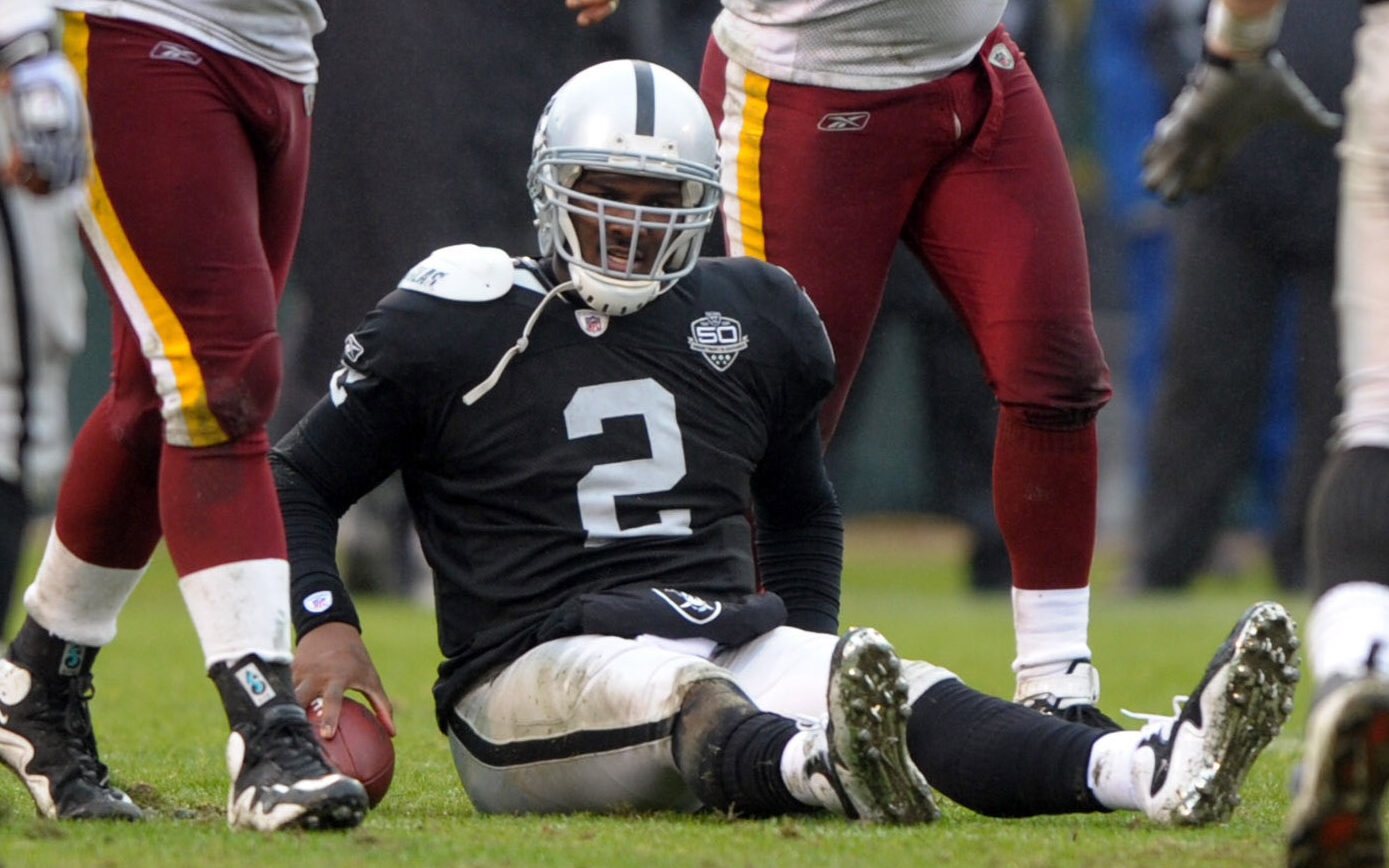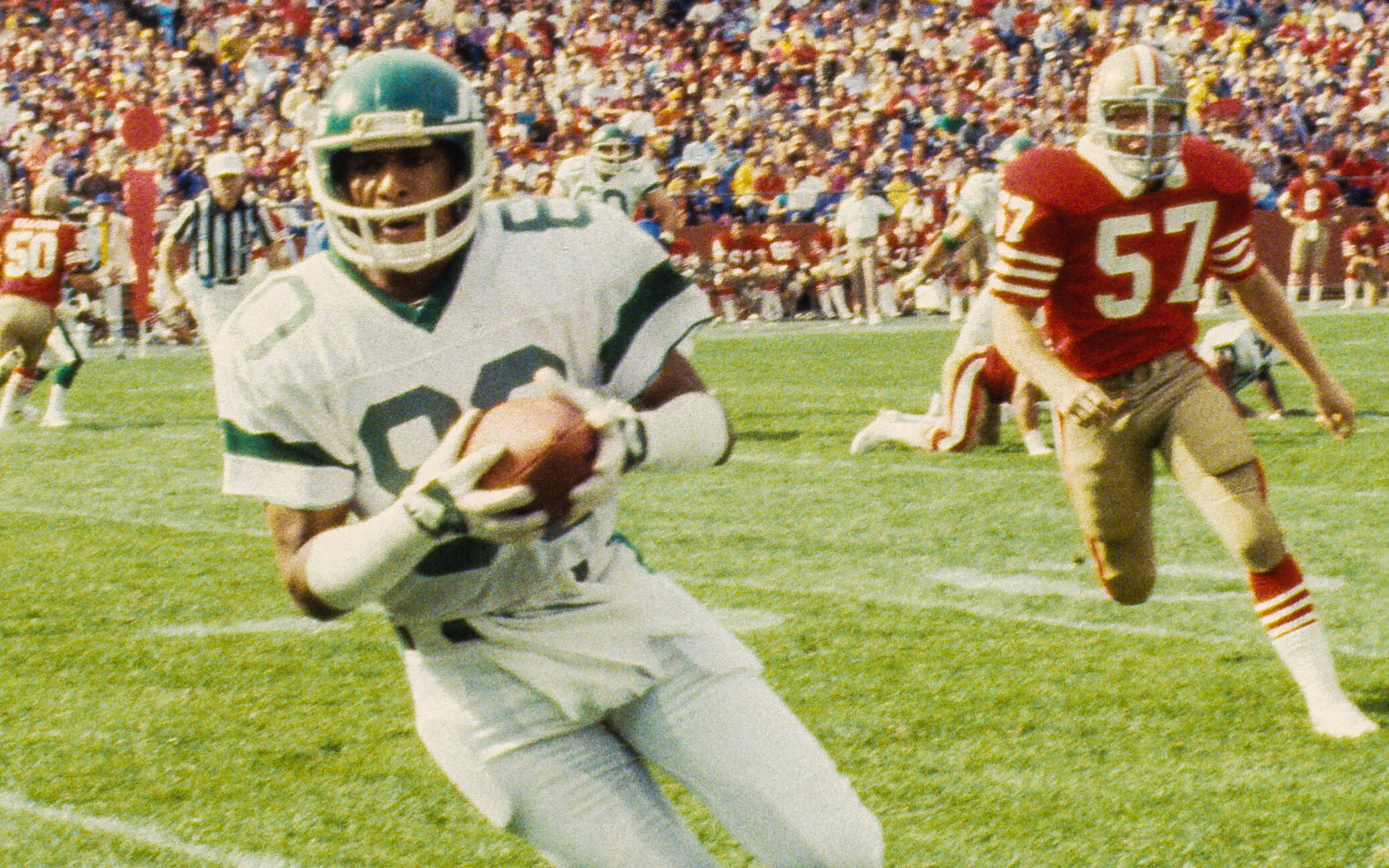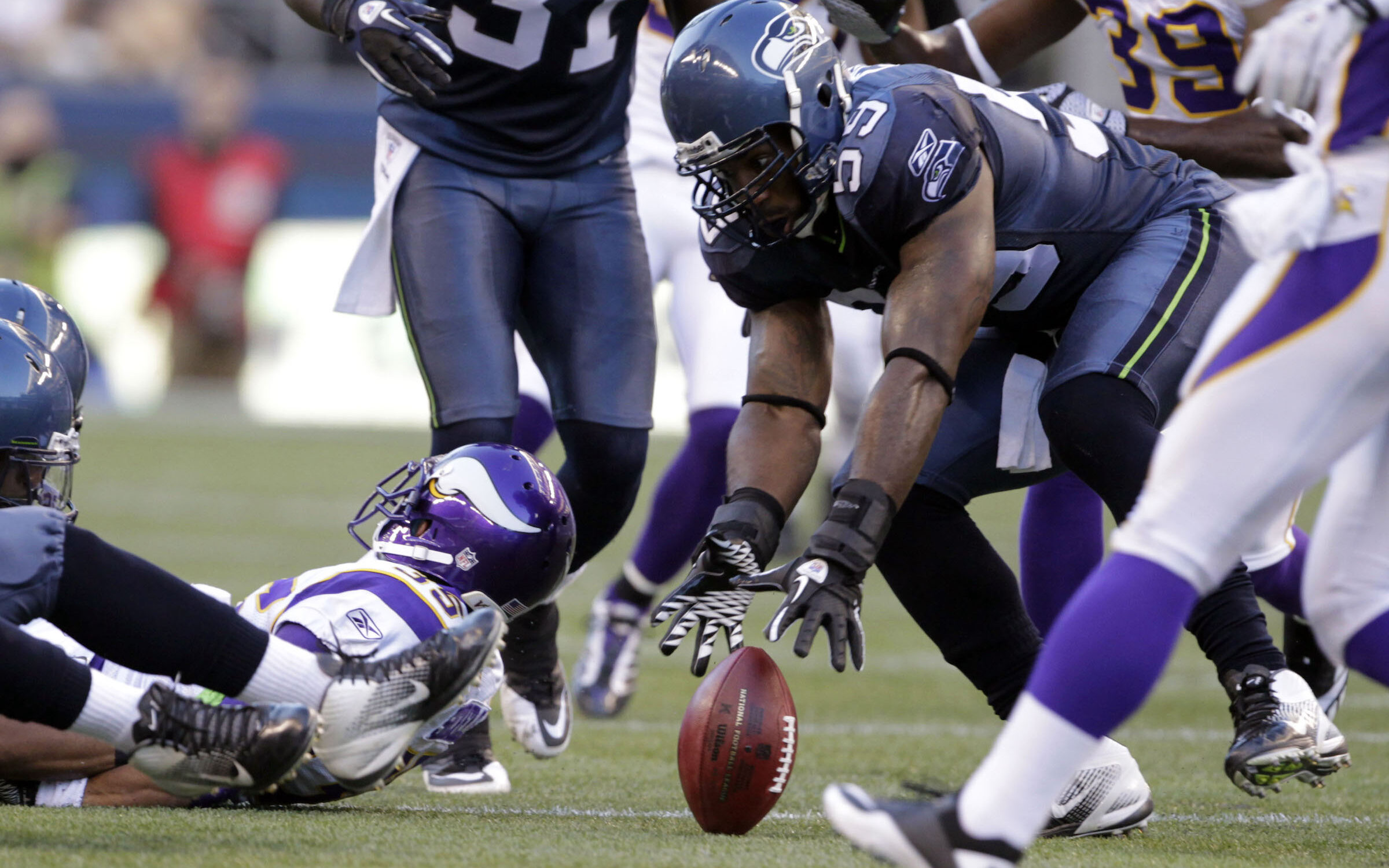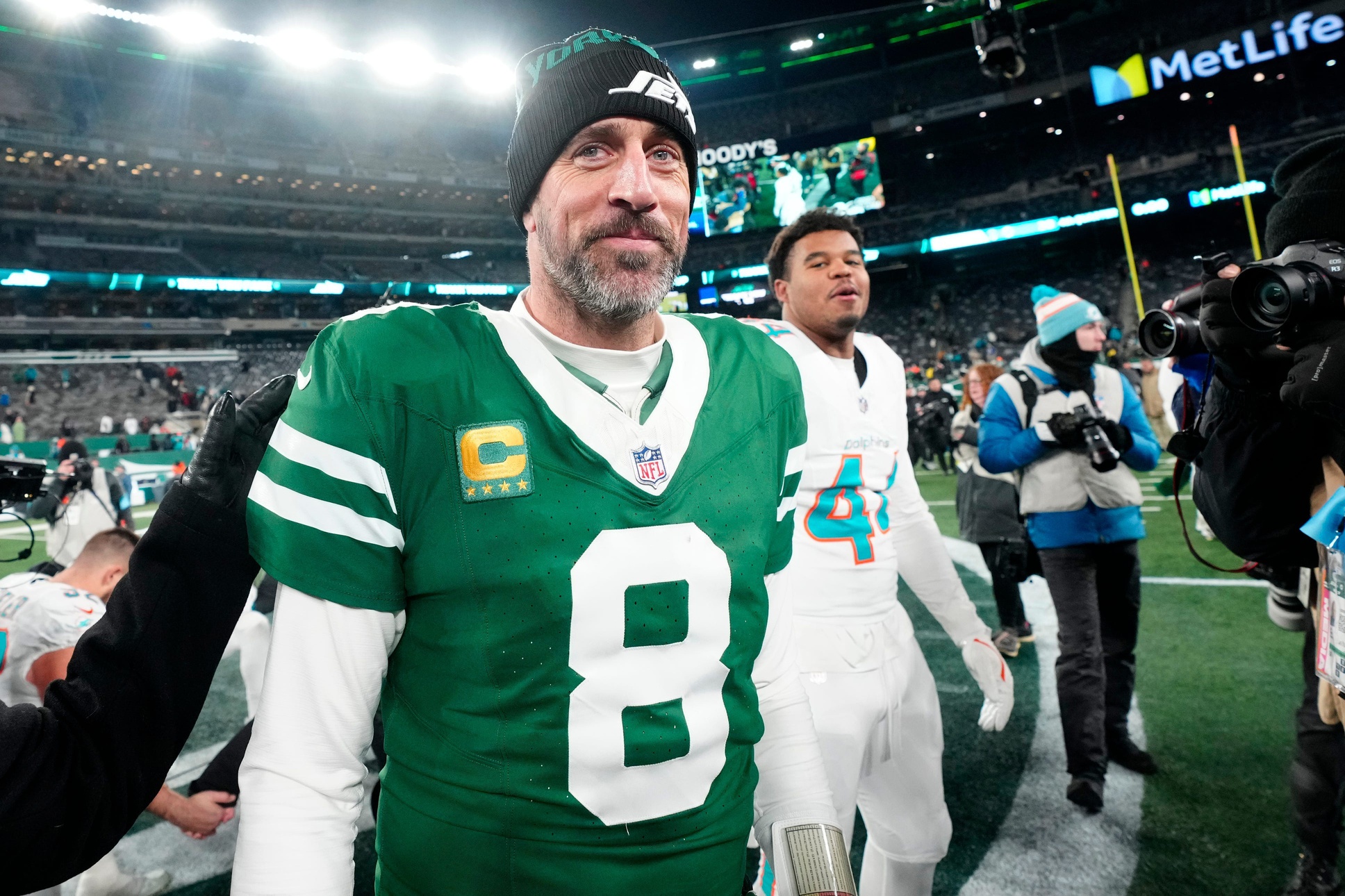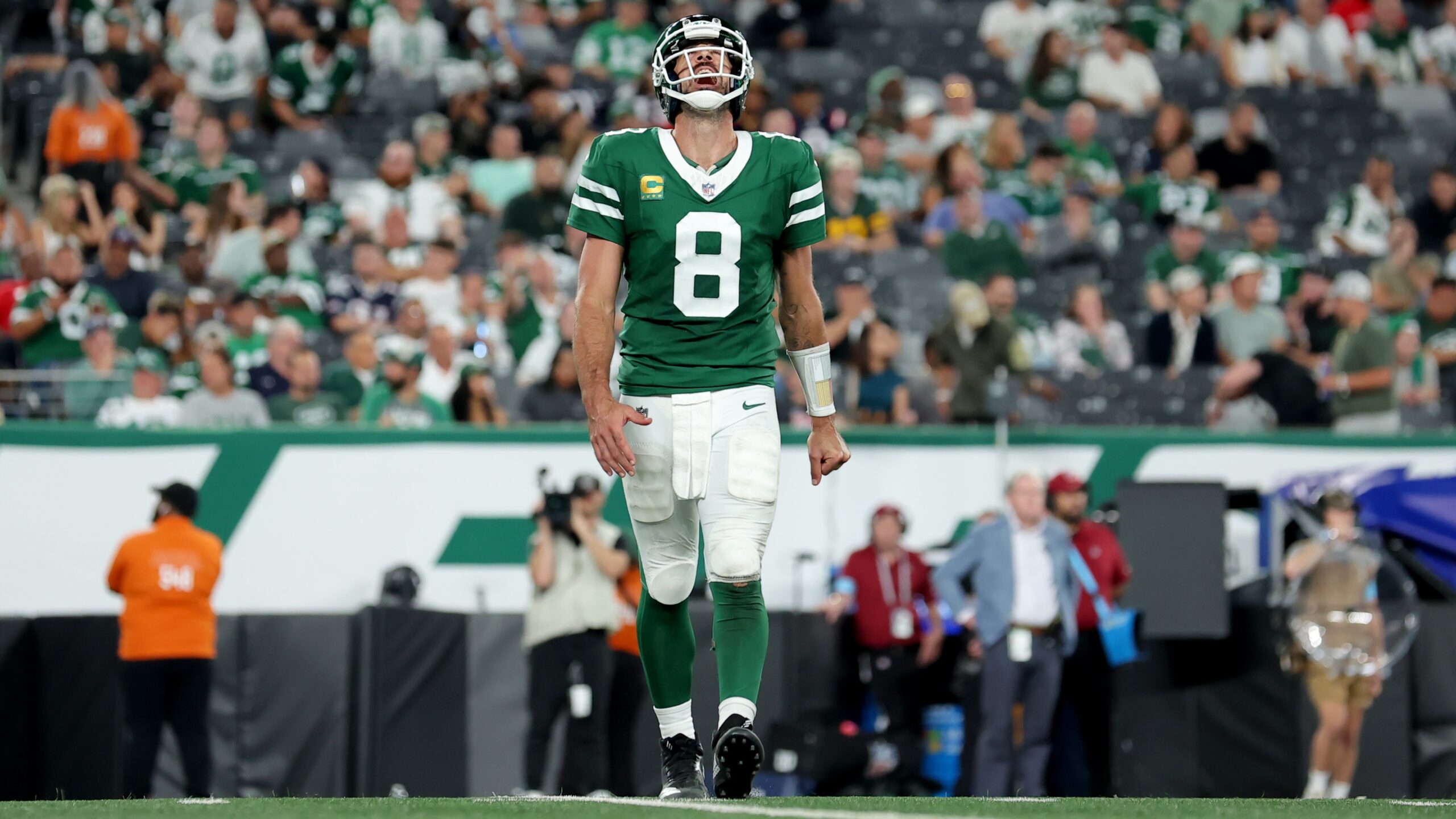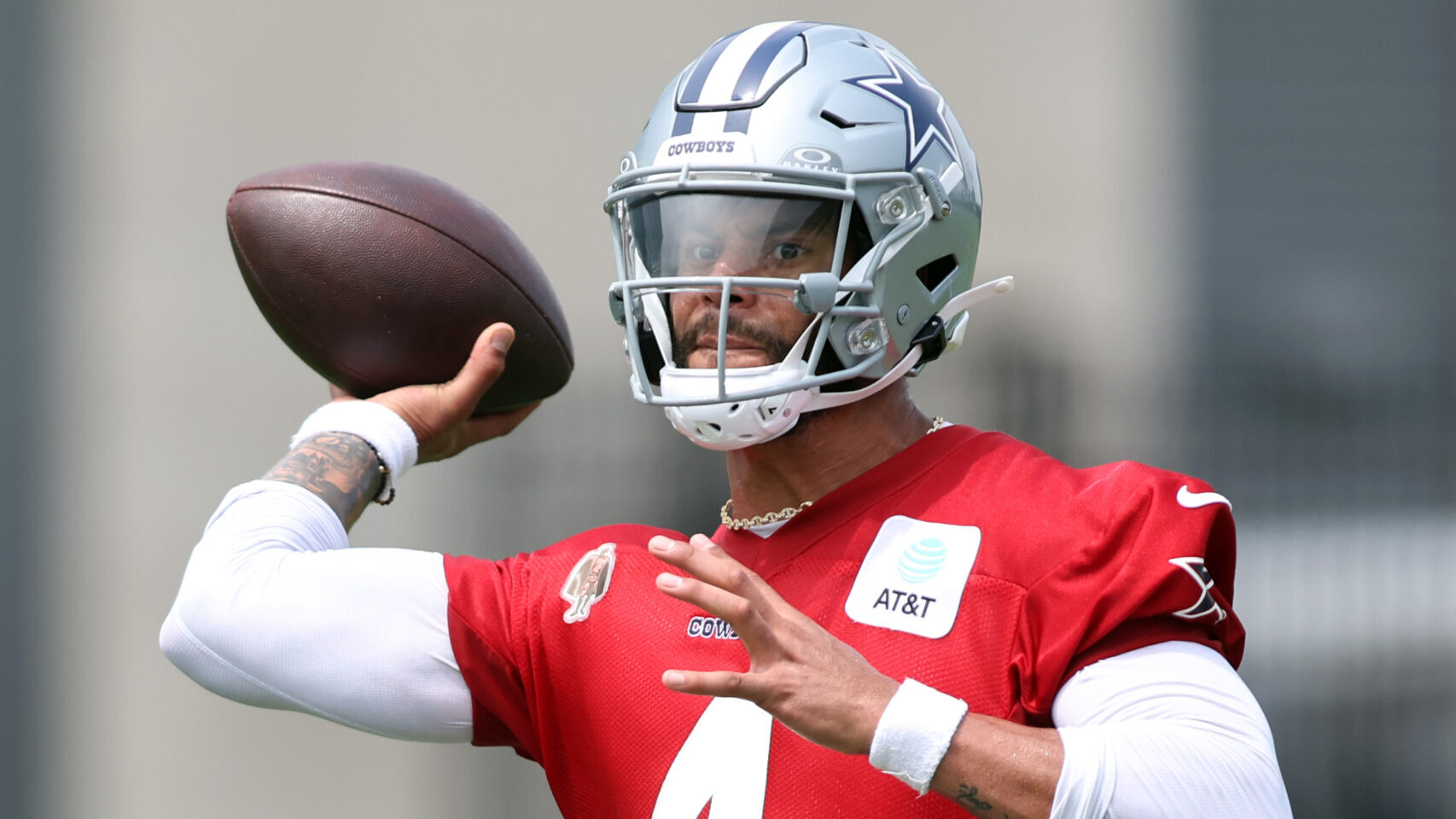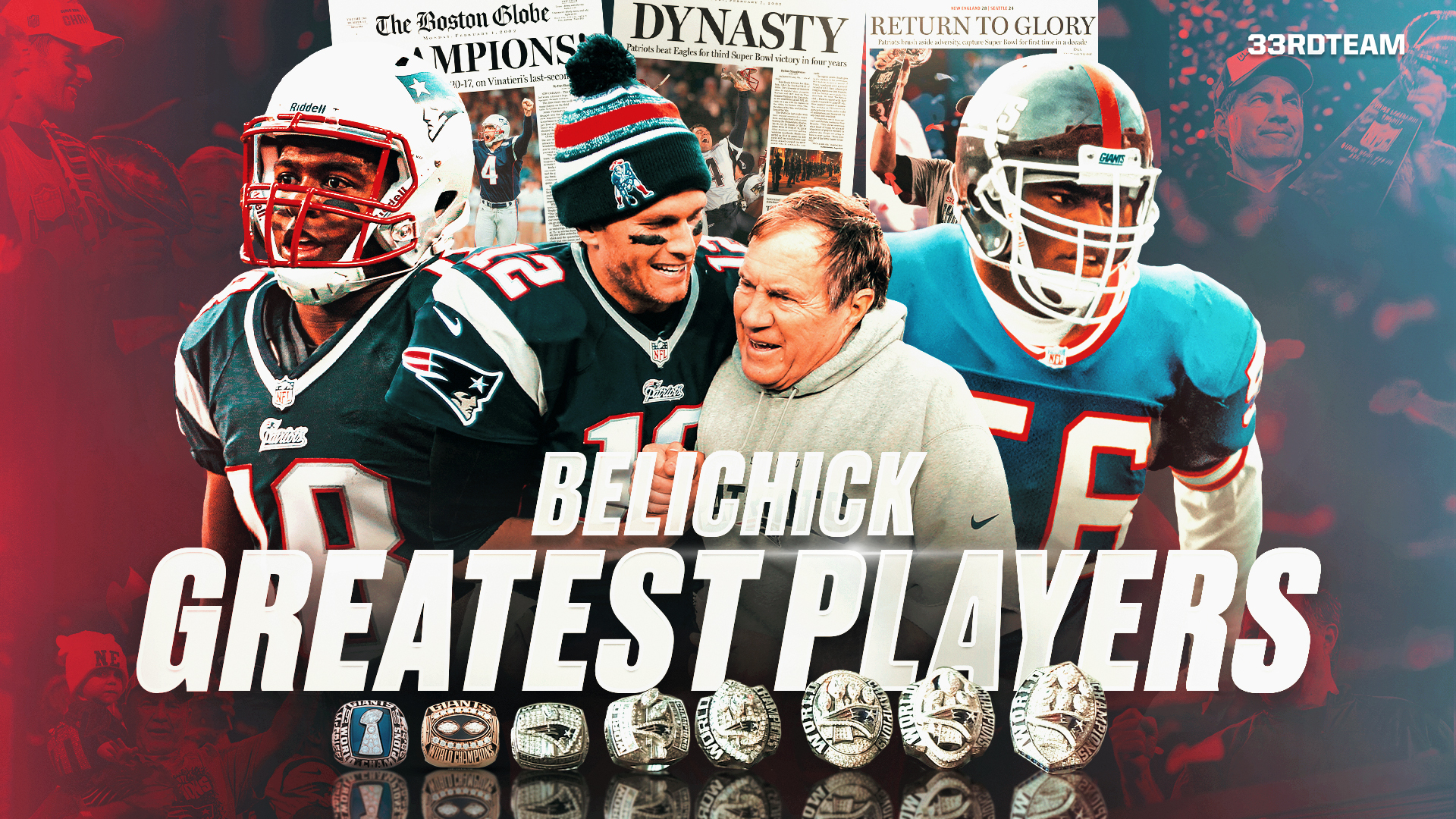Analysis
4/11/23
11 min read
Fool's Gold: Every NFL Team's Biggest First-Round Draft Mistake
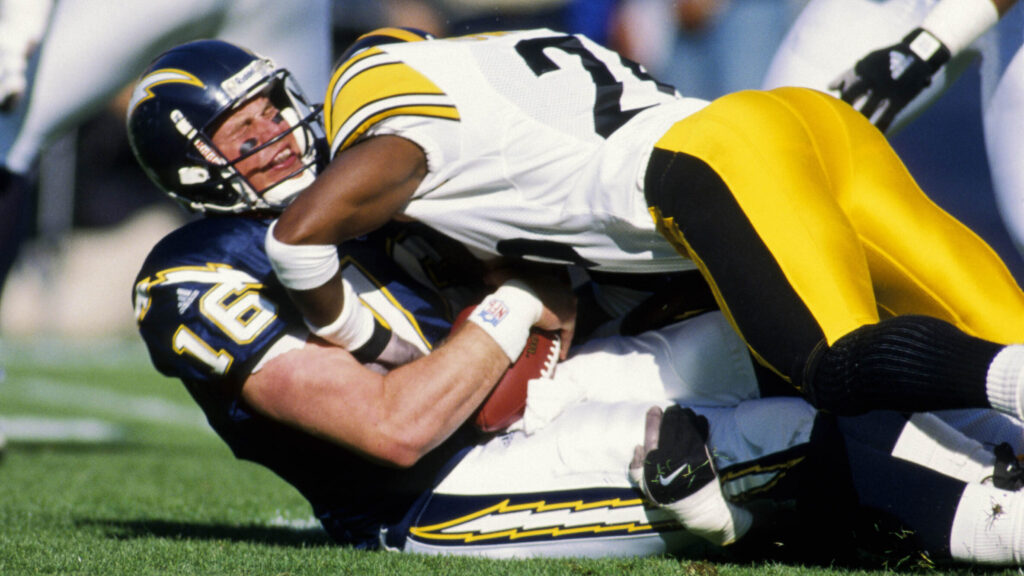
The NFL draft is a crapshoot, no matter what the “experts” tell you. Some sure-fire future All-Pros and Hall of Famers wind up as major mistakes.
B-U-S-T-S.
While there are myriad misses in the later rounds of the draft, first-round flops always are the most damaging. In some cases, they set back a franchise for years. Here’s a look at the worst selection for each of the 32 teams and why.
Others in this Series:
- Each NFL Team’s Best Late-Round Draft Gem
- Best First-Round NFL Draft Picks for Each Team
- Top 10 Draft Classes Since 2012
- 10 Worst Classes Since 2012
- Nine Best Drafting Teams Since 2000
- Ranking No. 1 Overal Picks Since 2000
- Every NFL Team's First-Round Bargains
Every Team's Worst Draft Mistake
 Arizona Cardinals
Arizona Cardinals
DT Wendell Bryant, Wisconsin, 2002 – No. 12 Overall
Sadly, Bryant struggled with substance-abuse issues and made it into only 29 games for the Arizona Cardinals. He played more games than he had tackles made (28), though he wound up playing in the easily forgotten United Football League.
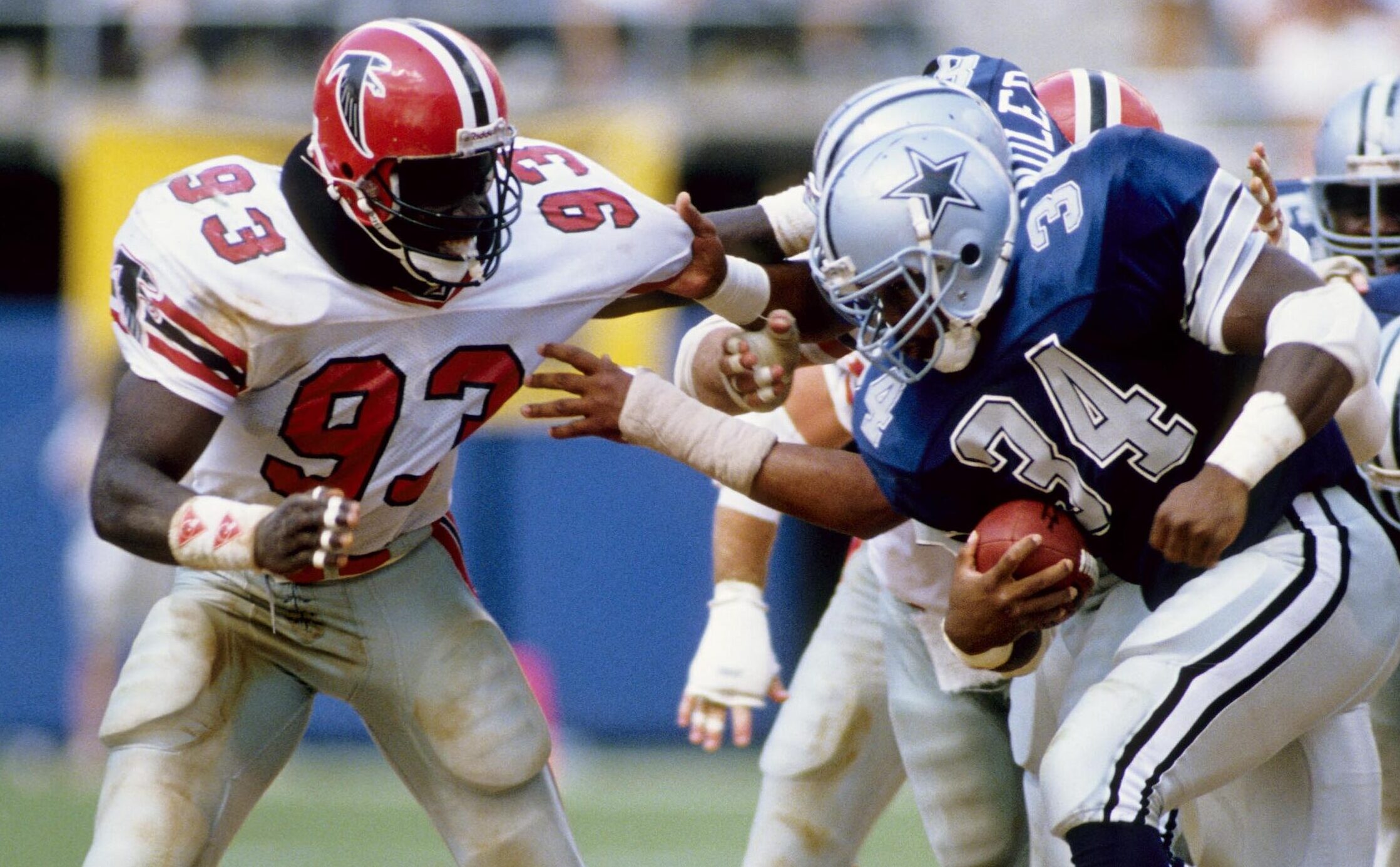
 Atlanta Falcons
Atlanta Falcons
DE Aundray Bruce, Auburn, 1988 – No. 1 Overall
It sure looks awful when the first guy selected becomes a wasted pick. That happened to the Atlanta Falcons, and considering Bruce was compared to Lawrence Taylor coming out of Auburn made his failure even worse. The only similarity to LT: Bruce had off-field trouble, being arrested for pointing a pellet gun at a pizza delivery man.
 Baltimore Ravens
Baltimore Ravens
S Matt Elam, Florida, 2013 – No. 32 Overall
Coming off a Super Bowl win, the Baltimore Ravens finished off the first round with what they hoped would be a second coming of Ed Reed. Instead, Elam lasted a mere three seasons with moderate results — nothing to remind anyone of Hall of Famer Reed.
 Buffalo Bills
Buffalo Bills
LB Tom Cousineau, Ohio State, 1979 – No. 1 Overall
How terrible was this choice? Cousineau was taken first overall – and went to Canada to play instead. Yes, CANADA! He came back to the NFL, playing elsewhere, but never amounted to much.
 Carolina Panthers
Carolina Panthers
WR Rae Carruth, Colorado, 1997 – No. 27 Overall
If there was an uglier end to an NFL career than Carruth’s, we need to be told of it. Chosen No. 27 overall by the Carolina Panthers, he was a so-so performer for three seasons. Carruth was arrested on Thanksgiving Day 1999 and was later convicted of conspiracy to commit the murder of his pregnant girlfriend. He was released from prison in 2018.
 Chicago Bears
Chicago Bears
WR Kevin White, West Virginia, 2015 – No. 7 Overall
Despite the strong Chicago Bears history with picks such as Walter Payton, Dick Butkus and Gale Sayers, there is White. Taken seventh overall, he was injured right away and sat out his rookie season. Then, he got hurt again and again. He made 28 receptions (no TDs) in six injury-ravaged seasons with three teams.
 Cincinnati Bengals
Cincinnati Bengals
RB Ki-Jana Carter, Penn State, 1995 – No. 1 Overall
The Cincinnati Bengals needed an offensive star and traded up to the top for Carter, giving him a record, at the time, $7 million signing bonus. He blew out his left ACL in the preseason, the first of many injuries.
 Cleveland Browns
Cleveland Browns
QB Johnny Manziel, Texas A&M, 2014 – No. 22 Overall
There have been so many for this franchise, both in its original life and since returning to the NFL in 1999. We’ll go with the Cleveland Browns falling for the hype around the Heisman Trophy winner whose game was never fit for the pros. Oh yes, he also had a few off-field incidents.
 Dallas Cowboys
Dallas Cowboys
LB Billy Cannon Jr., Texas A&M, 1984 – No. 25 Overall
Another sad draft tale. Cannon, whose father was one of college football’s all-time greats and then an early AFL standout, went 25th in the first round to Dallas, where he was expected to be a Texas star. He was hurt after eight games and never returned to the field. He later sued the Dallas Cowboys concerning his back injury
 Denver Broncos
Denver Broncos
QB Paxton Lynch, Memphis, 2016 – No. 26 Overall
Some other recent picks haven’t worked out yet, but believing Lynch could be the eventual replacement when Peyton Manning retired in 2016 was an epic failure. Lynch was so bad he twice lost the Denver Broncos' starting job to a seventh-round draft pick.
 Detroit Lions
Detroit Lions
WR Charles Rogers, Michigan State, 2003 – No. 2 Overall
Mention Rogers and Detroit Lions fans immediately change the subject. Or they talk about his two touchdowns in his first NFL game, then clam up. Rogers damaged his collarbone and never recovered, was suspended for violating the league's substance abuse policy and was released entering his fourth season. Career totals: 36 catches, 440 yards and four TDs in 15 games.
 Green Bay Packers
Green Bay Packers
OT/OG Tony Mandarich, Michigan State, 1989 – No. 2 Overall
Mandarich often is referenced regarding alleged steroid use in college. He was lauded as the next great blocker but played three unmemorable seasons for the Green Bay Packers. He also admitted to alcohol/drug issues while with the team. The Packers took him ahead of Barry Sanders. And Deion Sanders. And Derrick Thomas.
 Houston Texans
Houston Texans
DT Travis Johnson, Florida State, 2005 – No. 16 Overall
Some might say Jadeveon Clowney because he fell so far short of his potential. Johnson, though, fits best for the Houston Texans because Clowney had his moments. Johnson went 16th overall, couldn’t stay healthy and even had a tiff with Miami’s Trent Green after the quarterback blocked him.
 Indianapolis Colts
Indianapolis Colts
LB Trev Alberts, Nebraska, 1994 – No. 5 Overall
The worst part of this might have been the verbal battle between Indianapolis Colts GM Bill Tobin and ESPN draft analyst Mel Kiper. The Colts chose fifth and took Alberts, who did little in three professional seasons. Kiper insisted the Colts should have gone for quarterback Trent Dilfer, who eventually won a Super Bowl with Baltimore.
 Jacksonville Jaguars
Jacksonville Jaguars
DE Derrick Harvey, Florida, 2008 – No. 8 Overall
It was bad enough the Jacksonville Jaguars sent four draft picks to Baltimore to move up to No. 8 in the first round for Harvey. His uneventful three-year career included eight sacks total, while the Ravens used one of the selections from Jacksonville on Joe Flacco.
 Kansas City Chiefs
Kansas City Chiefs
WR Jonathan Baldwin, Pittsburgh, 2011 – No. 26 Overall
While this pick was part of two deals before the Kansas City Chiefs used it, it was a virtual waste. Lacking wideouts, Kansas City grabbed Baldwin 26th overall. He lasted two seasons there before being dealt to San Francisco and was out of the NFL by 2014.
 Las Vegas Raiders
Las Vegas Raiders
QB JaMarcus Russell, LSU, 2007 – No. 1 Overall
A slam dunk and, perhaps, the worst top overall quarterback selection in NFL history. Russell had talent but little work ethic and even less recognition of pro defenses. He “earned” more than $39 million from the Oakland Raiders before being cut after three seasons. Some stats: 23 interceptions, 15 lost fumbles and a passer rating of 65.2.
 Los Angeles Chargers
Los Angeles Chargers
QB Ryan Leaf, Washington State, 1998 – No. 2 Overall
The top spot came down to Leaf and, ahem, Peyton Manning. Think the Colts did the right thing at No. 1? The Los Angeles Chargers’ consolation prize was a flop: Leaf won only four games for them, with 33 interceptions and 13 touchdown passes. He was just as bad off the field, including a suspension for feuding with general manager Bobby Beathard, a future Hall of Famer.
 Los Angeles Rams
Los Angeles Rams
RB Lawrence Phillips, Nebraska, 1996 – No. 6 Overall
A notorious selection because Phillips had trouble at Nebraska before the Los Angeles Rams took him sixth overall. He rushed for 1,453 yards in three seasons with three NFL teams; the Rams, then in St. Louis, cut him for insubordination in 1997. Phillips wound up in prison in 2008 after a conviction for assault with a deadly weapon.
 Miami Dolphins
Miami Dolphins
WR Yatil Green, Miami, 1997 – No. 15 Overall
Shouldn’t the Miami Dolphins have known better with this Florida product who played nearby in college? Actually, he was a skilled receiver who tore up his knee twice after being taken 15th overall. His only season on the field in the pros was 1999, making 18 receptions.
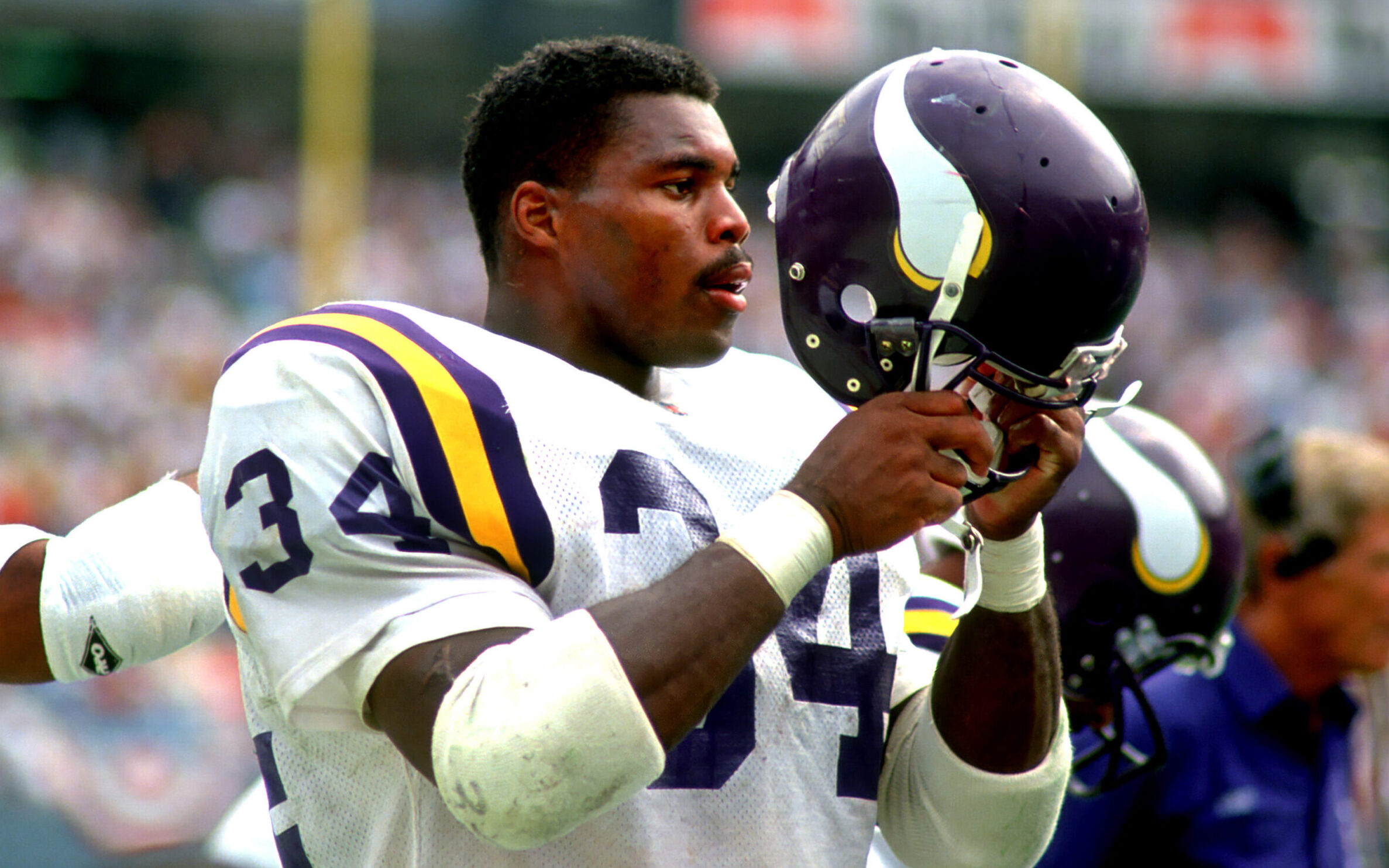
 Minnesota Vikings
Minnesota Vikings
Herschel Walker trade, 1989
Sure, we could go with Christian Ponder, Laquon Treadwell or Troy Williamson. But when a transaction considered the most lopsided not only in football but for most sports plagues a franchise, well, we have to choose this deal. To summarize, the Minnesota Vikings got the Pro Bowl running back who never made a difference in Minnesota for five players and six draft picks. Dallas used some of the picks for Emmitt Smith, Darren Woodson, Russell Maryland and Kevin Smith, all Super Bowl winners.
 New England Patriots
New England Patriots
DE Kenneth Sims, Texas, 1982 – No. 1 Overall
Some skeptics would say Bill Belichick has specialized in unfortunate draft picks (N’Keal Harry, Dominique Easley), but we need to go back to 1982 for the New England Patriots' low point. Sims was a stud pass rusher for the Longhorns who lasted eight NFL seasons – without coming close to living up to the billing as the first overall selection.
 New Orleans Saints
New Orleans Saints
Kicker/Punter Russell Erxleben, Texas, 1979 – No. 11 Overall
If you get a Ray Guy or Morten Andersen with the 11th overall pick, maybe it makes sense. Maybe. But the New Orleans Saints, thinking Erxleben could be a dominant factor in field position, gambled. He never averaged a net of more than 35.2 yards for a season and didn’t get many field goal tries.
 New York Giants
New York Giants
RB Rocky Thompson, West Texas State, 1971 – No. 17 Overall
Thompson was no Rocky Balboa and got punched out of the NFL after three inauspicious seasons. Surprisingly selected 17th overall by the New York Giants after being projected much lower, his rare impact came on kick returns with two scores.
 New York Jets
New York Jets
WR Johnny “Lam” Jones, Texas, 1980 – No. 2 Overall
The New York Jets are another team that has messed up many high picks, none worse than falling in love with Jones' speed, ignoring his inability to run routes or catch the football. The Jets traded up to No. 2 for the Olympic gold-medal sprinter, who received a $1 million contract, huge at the time. Wasted money.
 Philadelphia Eagles
Philadelphia Eagles
T Kevin Allen, Indiana, 1985 – No. 9 Overall
Another failed pick who fell to off-field problems, Allen was with the Philadelphia Eagles for one season and tested positive for substance abuse (cocaine) at training camp in 1986. He also was charged with sexual assault and spent three years in prison.
 Pittsburgh Steelers
Pittsburgh Steelers
LB Huey Richardson, Florida, 1991 – No. 15 Overall
We laud so many Pittsburgh Steelers picks through the decades – perhaps more than any other franchise. Richardson isn’t one to praise: He appeared in only five games with no tackles after being selected 15th. Richardson was dealt to Washington, wound up with the Jets, and then was gone from the NFL after two seasons.
 San Francisco 49ers
San Francisco 49ers
WR A.J. Jenkins, Illinois, 2012 – No. 30 Overall
There is an irony here because Jenkins eventually was traded to the Chiefs for Jonathan Baldwin (see above). Thinking Jenkins could be a big-play threat, the San Francisco 49ers found out Jenkins couldn’t catch the ball. He was on the field for 35 snaps in three games as a rookie and didn’t make a reception.
 Seattle Seahawks
Seattle Seahawks
LB Aaron Curry, Wake Forest, 2009 – No. 4 Overall
One year before Pete Carroll arrived to coach, the Seattle Seahawks grabbed what they thought would be a dynamic playmaking linebacker with the fourth overall spot. They even gave him a $60 million, six-year deal with $34 million guaranteed. What they got: two mediocre campaigns before dealing him to the Raiders.
 Tampa Bay Buccaneers
Tampa Bay Buccaneers
DE Eric Curry, Alabama, 1993 – No. 6 Overall
This choice made sense because the Tampa Bay Buccaneers had a decade-long desperate need for a sack master. While Curry did manage 12 sacks in his five Tampa seasons, he never was the impact defender the team sought with the sixth overall selection.
 Tennessee Titans
Tennessee Titans
OT Isaiah Wilson, Georgia, 2020 – No. 29 Overall
Wilson played all of four snaps for the Tennessee Titans. There were off-field problems, including an arrest for drunk driving and bouts with COVID-19. He was dealt to the Dolphins in March 2021 and then released.
 Washington Commanders
Washington Commanders
T Andre Johnson, Penn State, 1996 – No. 30 Overall
Imagine this: Your top draft pick, 30th overall, never gets on the field as a rookie, then is cut in training camp the next year. That’s Johnson, who, to put it simply, couldn’t block. He spent two more seasons taking up a roster spot in Detroit with no results.
Barry Wilner was a sportswriter for the Associated Press for 46 years. He has covered virtually every major sporting event, including 14 Olympics, 9 World Cups, 34 Super Bowls, the World Series, and the Stanley Cup Final, and has written 75 books. Follow him on Twitter @Wilner88







